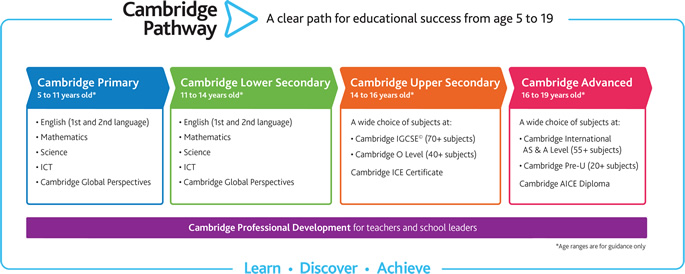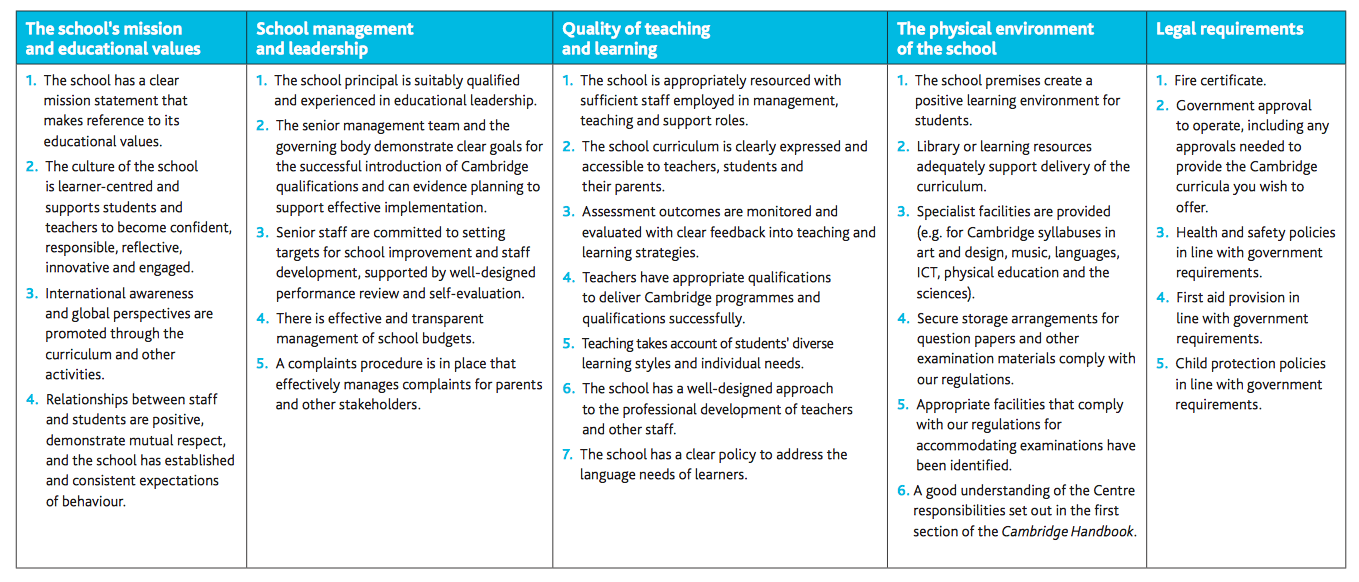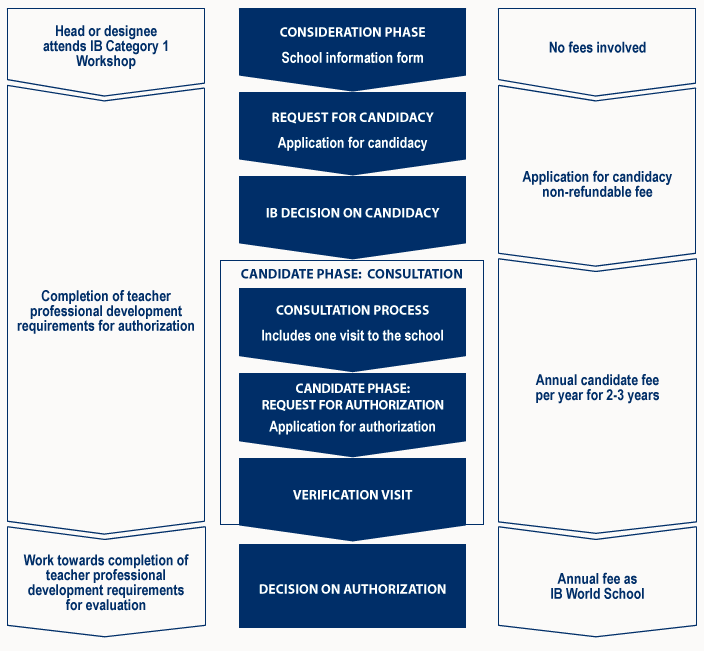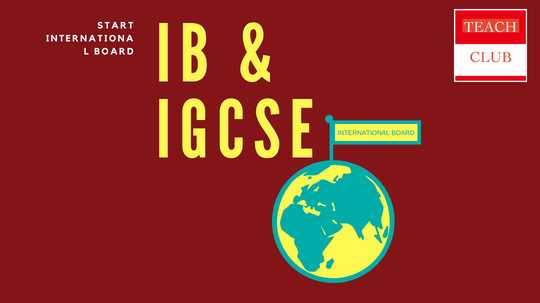The advent and adoption of International School are on the rise in India, as of August 2018 there are 432 IGCSE Schools and 152 IB Schools in India. Let us through this post understand International Schools and how can one start an International School in India.
What are the International Schools?
An international school is a school that promotes international education, in an international environment, either by adopting a curriculum such as that of the International Baccalaureate, Edexcel or Cambridge International Examinations or by following a national curriculum different from that of the school’s country of residence. this definition from Wikipedia kind of sums up International Schools.
Talking specifically about India, we have 5 boards overall (CBSE, ICSE, IB, IGCSE and State Boards), so anything which is not by the latter 3 is the international board.
Why are Parents looking to send their kids to International Schools?
According to research conducted by the number of students at English-medium K-12 international schools in India has increased by 70% over the past five years, according to ISC Research, with further growth expected as the economy continues to flourish and more families want to prepare their children for higher education overseas. One of the primary reason for that to happen is there is a surge in demand from affluent, upwardly-mobile Indian families for an international-oriented curriculum for their children with the necessary repertoire of skills to successfully pursue higher education and professional careers outside of India. Now due to this big players have entered the market with serious financial muscle and have created world-class infrastructure, this, in turn, has attracted parents.
Experiential Learning encouraging independent thinking and creativity forms the backbone of the curriculum of international schools, this in turns requires adequate training, preparation, and exposure of the faculty and the staff, the board also charges a fee per candidate per year (in a way Royalty). This, in turn, requires serious investments and that is why International Schools are so steeply placed in terms of fee.
So, how can you start an IB School or IGCSE in India
Infrastructure Requirement for IB School or IGCSE Schools
Unlike CBSE or ICSE, IB Board or ICSE board doesn’t ask promoters to show a specified area or plot of land, the operating word here is Adequate. The fact of the matter is taking an IB School authorization is easily a 30 Lac Rupees affair, besides that there is a recurring fee every year plus each and every student has to pay roughly about 30,000 per year to the IB Board. IB schools have a higher fee than the CIE schools because of higher affiliation fee for the school, professional development fee, recurring fee, etc. So only the schools which charge a very high premium fee and accordingly build infrastructure can afford IB.
The word for resource requirement is ‘Adequate’ and the infrastructure they look for is – Physical and virtual learning environICSEments, facilities, resources and specialized equipment The laboratories and studios should provide safe and effective learning environments Appropriate information technology facilities Adequate library/multimedia/resources Systems to guide and counsel students through the programme(s)
IGCSE
IGCSE stands for International General Certificate of Secondary Education, Cambridge University. The Indian office is located in Mumbai at Cambridge English Language Assessment, Regus 1360, Level 13, Platinum Techno Park, Plot No. 17/18, Sector, 30A, Vashi, Navi Mumbai – 400705, India. These are the coordinates of India Team – Contact Details
The Cambridge curriculum is divided into 4 segments

- Primary – The Cambridge Primary Curriculum is administered for learners within the age bracket of 5 to 11 years.
- Secondary 1 – The Cambridge Secondary 1 Curriculum is typically administered to learners of 11 – 14 years.
- Secondary 2 – The Cambridge Secondary 2 Curriculum is meant for learners of 14 – 16 old, and offers two routes of learning. A student has an option of studying for either the Cambridge IGCSE certificate or the Cambridge O levels. The IGCSE certificate is again divided into Core and Extended, whereas Cambridge O level is a qualification equivalent to Cambridge IGCSE & the UK GCSE, and help students prepare for Cambridge Advanced programs and other progression routes.
- Advanced – The Cambridge advanced curriculum is typically for learners aged 16 – 19 years old who need an advanced study to prepare for university and higher education. There are 3 different routes through which a student can pursue and complete the Cambridge Advanced curriculum.
- A Levels & AS Levels
- Pre – U
- AICE Diploma
There is a great blog already written describing the curriculum in detail, here is the link.
The procedure to get school affiliated to IGCSE is a three-step process;
- Express your interest – The School has to go online and fill a basic application form to express that they are looking to start IGCSE board. Barring the regular details like particulars and expected time to start the board at school, Schools are asked to choose the program/qualification they wish to start –
- Cambridge Primary
- Cambridge Primary Checkpoint
- Cambridge ICT Starters
- Cambridge Secondary 1
- Cambridge Checkpoint
- Cambridge IGCSE
- Cambridge O Level
- Cambridge ICE
- Cambridge International AS and A Level
- Cambridge Pre-U
- Cambridge AICE Diploma
- Cambridge Professional Development Qualifications
- Complete Application Form
- Inspection / Visit of the proposed facility.
 Documents required
Documents required
- Organogram for the senior management team
- Job descriptions for the senior management team
- Roles and responsibilities with respect to Cambridge programmes and qualifications for the senior management team
- Key staff CVs (principal and teachers involved in teaching Cambridge syllabuses)
- Code of conduct for students and teachers
- Mission statement and educational values
- School development plan showing goals for the introduction of the Cambridge curriculum
- Performance management plan
- School curriculum policy
- School language policy
- Complaints policy
- Health and safety policy
- First aid certificates
- Fire certificates as required by local legislation
- School professional development policy
- Evidence (in English) of government approval to offer an international curriculum
- Documents to evidence other necessary government permissions.
In case if the inspection team gives a positive review, the school becomes a Cambridge School. More details can be taken from here & this link.
IB Board
IB International Baccalaureate (IB), formerly the International Baccalaureate Organization (IBO), is an international educational foundation headquartered in Geneva, Switzerland and founded in 1968. The process of Affiliation is called Authorization in IB Boards, as of August 2018, there are 152 IB schools in India, in comparison to IGCSE, IB is a tougher procedure and is a time-consuming process.
IB offers 3 educational programs, namely
- PYP or Primary year program for KG to Class-5
- MYP or Middle year program for Class-6 to Class-10
- DP or Diploma program for Class-11 and Class-12
If you want to get an in-depth understanding of each of these three Programs, there is a great post written by Mr. Dipankar Trehan here Part 1 & Part 2
The Procedure
The entire process of expressing interest to final authorization is a 2-3 year process. The school has to go through the following phases;
- Consideration
- Request for candidacy/decision on candidacy
- Candidate phase
- Request for authorization/decision on the authorization.

[Contact_Form_Builder id=”2″]
- Open / Starta School in India and CBSE Affiliation - May 31, 2022
- Private School getting Affiliated as a Sainik School - January 28, 2022
- Teacher Awards - September 20, 2021

Hello Sir,
I have been homeschooling children for the last 10 years. i teach CBSE, IGCSE courses. If i were to get a IGCSE affiliation if i were to start an institute.
Regards
Ayesha
Dear Ayesha,
I don’t have the clarity regarding the affiliation of ‘VIRTUAL’ schools, I have heard a few international boards are looking at this, but nothing concrete hasn’t reached me.
Thanks for sharing this great post regarding Best International School
My name is Suryalakshmy V R. I have completed Msc in Mathematics and I have one year experience as a teacher in India. Now I am in UAE . I want to be a teacher here. How do I get IGCSE teaching certification in UAE. What are the procedures. Is there any courses for IGCSE teaching certification. Kindly reply me through email or whats app. My whats app No. is +919072137663
For IGCSE Teacher’s training, keep checking their website.
Dear Abhiney,
Thanks for the post. I am Fr.Jose Alarico Carvalho and i run 4 schools in NCR known by the name of Fr. Agnel School.
I am very interested to open an IGSCE School in NCR. My first and all important question is: what permissions from the Indian government, does one need to start an IGSCE school in India?
Can we start a School from Class IX to XII alone, without the primary and middle school classes.
Will appreciate to hear from you before I decide to seek your consultancy.
Fr. J.A.Carvalho
Dear Father, It will be wonderful if you can give me a call on the number +91 70002 40006.
Thanks
Do you require a separate NOC from state government for IGCSE and A/AS Levels?
I want to know whether a school can be run under private limited company
No, you cannot run a school like a private limited company, the closest you can come for this is running under a Section 8 company. I have written about this in my blogs, kindly read.